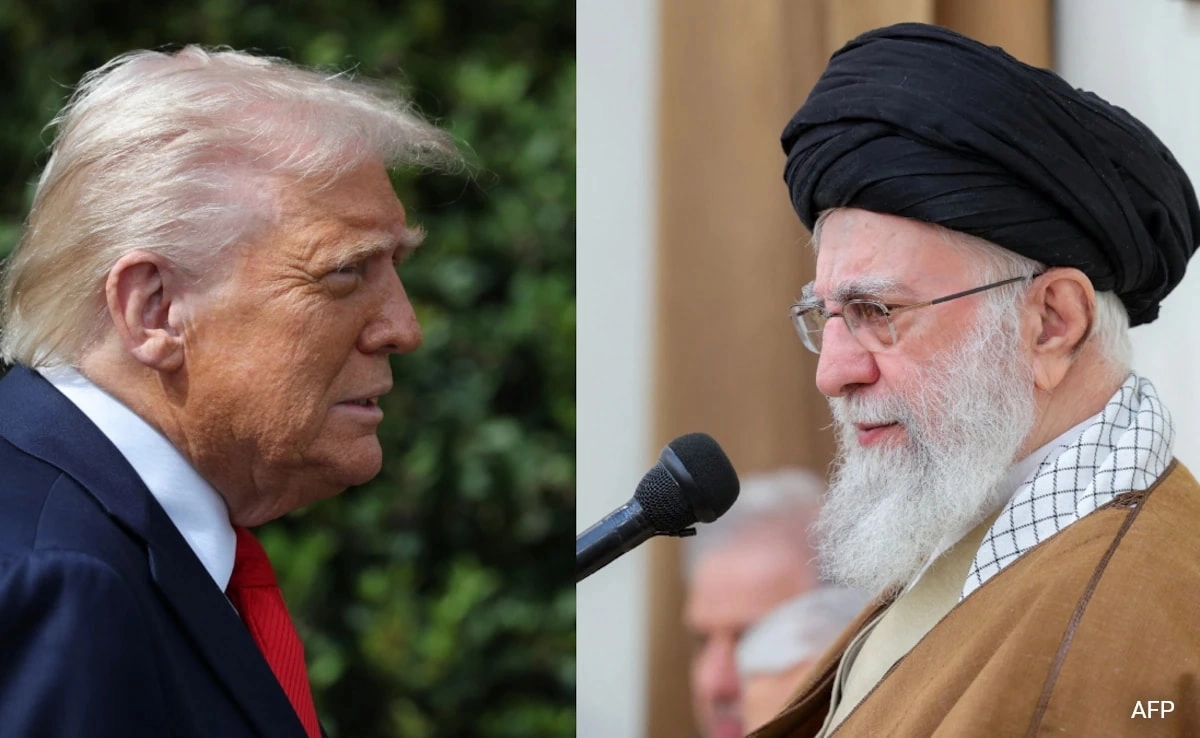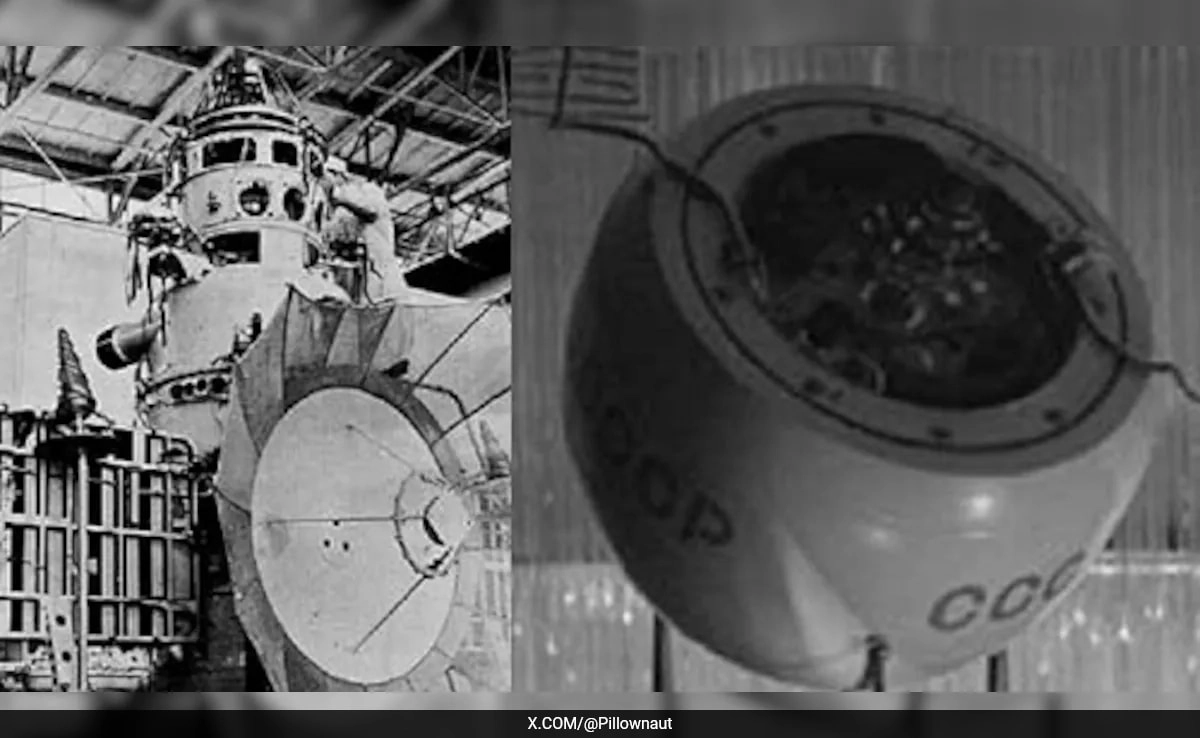Iran’s Foreign Minister has recently expressed strong skepticism regarding the ongoing nuclear negotiations between the United States and Iran, suggesting that these discussions serve as a façade for broader geopolitical maneuvers, particularly concerning Israel. According to the Minister, the nuclear talks are not genuine efforts aimed at reaching a diplomatic resolution but rather a strategic cover for potential military actions against Iran. This claim underscores the heightened tensions in the region, where the prospect of an Israeli attack on Iranian facilities looms large, further complicating an already fraught international dialogue.
The Foreign Minister’s statements reflect a deep-seated mistrust between Iran and the Western powers, particularly the U.S. As the negotiations have dragged on, with various parties struggling to find common ground, Iran feels increasingly cornered. The Iranian leadership views any potential military actions, especially from Israel, as not just a threat to national security but also a direct challenge to Iran’s sovereignty. This perception fuels the narrative that the nuclear talks are merely a strategic distraction, allowing the U.S. and its allies to prepare for more aggressive moves while keeping Iran preoccupied with diplomatic engagements.
Moreover, this situation raises significant concerns about the future of the nuclear talks. If Iran’s leadership remains convinced that the negotiations are insincere, it may lead to a hardening of their stance and a potential escalation in nuclear activities. The delicate balance of power in the Middle East is further jeopardized as both sides remain entrenched in their positions. The Iranian Foreign Minister’s comments highlight the complexities of diplomacy in a region fraught with historical grievances and geopolitical rivalries, suggesting that without genuine dialogue and trust-building measures, the prospect of a peaceful resolution remains dim.
In this context, the international community must consider the implications of these tensions, as they not only affect U.S.-Iran relations but also have broader ramifications for regional stability. The specter of conflict looms large, as the stakes are high for all parties involved. The interplay between diplomacy and military posturing could very well dictate the course of future interactions, making it imperative for negotiators to address the underlying issues of mistrust and aggression. The outcome of these talks will significantly shape the geopolitical landscape of the Middle East for years to come, emphasizing the need for a concerted effort toward meaningful engagement.




